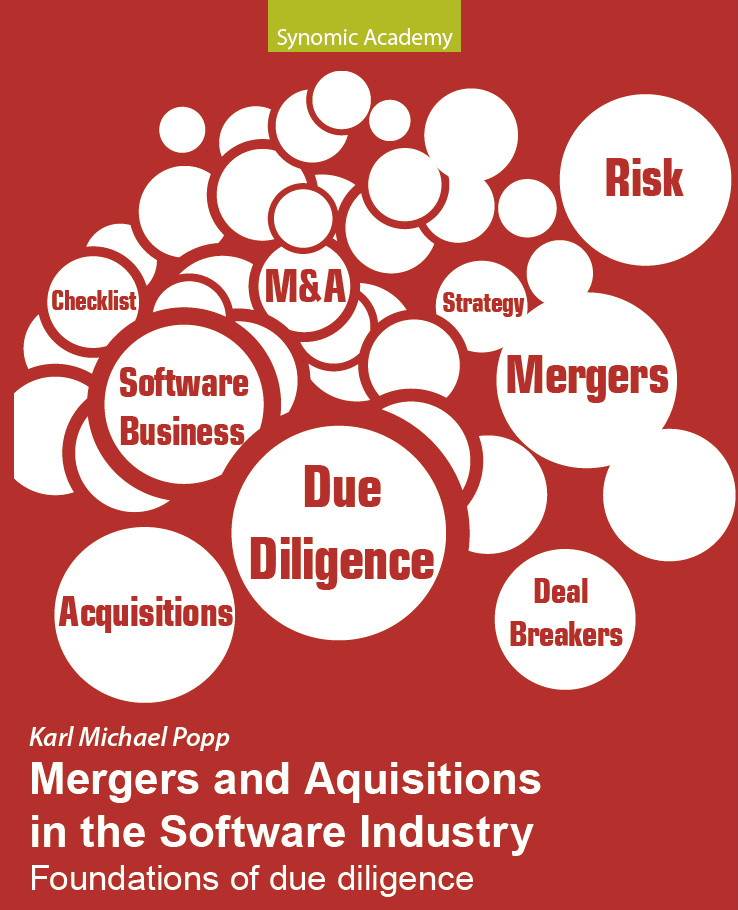ESG and its impact on mergers and acquisitions
Sustainable business practices are becoming increasingly important in today's corporate world. Companies are realizing that Environmental, Social, and Corporate Governance (ESG) factors can have a significant impact on their long-term success and profitability. As a result, ESG considerations are now playing a crucial role in the decision-making process of mergers and acquisitions (M&A).
ESG encompasses a wide range of issues, focusing on the environmental, social, and ethical performance of a company. It includes factors such as carbon emissions, waste management, labor practices, diversity and inclusion, and business ethics. The importance of these factors is recognized by both investors and consumers, who are increasingly demanding transparency and accountability from the companies they engage with.
When it comes to M&A transactions, ESG considerations can have several implications. Firstly, companies with strong ESG performance are often seen as more attractive to investors and potential acquirers. These companies are perceived to have better risk management practices, stronger long-term prospects, and a more positive reputation. As a result, they tend to command higher valuations and have a competitive edge in the M&A market.
Secondly, the integration of ESG considerations into the due diligence process has become essential. Acquirers need to assess the ESG risks and opportunities associated with a target company before making an investment. This involves evaluating the target company's environmental impact, social policies, and governance practices. Identifying any potential ESG-related liabilities or non-compliance issues is critical to avoid post-deal surprises.
Furthermore, ESG can also impact the post-merger integration process. Acquirers must consider how the target company's ESG practices align with their own and develop a plan to integrate and improve them if necessary. This could involve implementing new sustainability initiatives, improving diversity and inclusion policies, or enhancing corporate governance structures.
Not only does considering ESG factors in M&A transactions benefit the acquiring company, but it can also have a positive impact on society and the environment. By acquiring and investing in companies with strong ESG performance, investors can contribute to more sustainable and responsible business practices. This, in turn, can help drive positive change in various industries.
In conclusion, ESG considerations are no longer just a buzzword in the corporate world; they are now essential to successful mergers and acquisitions. Companies that prioritize ESG factors are more likely to attract investors, command higher valuations, and have a competitive advantage. Acquirers must thoroughly assess the ESG risks and opportunities associated with a target company and develop an integration plan to align their practices. By doing so, companies can not only maximize their financial outcomes but also contribute to a more sustainable and responsible business environment.
Like my thoughts? READ MY NEW BOOK
ORDER AT AMAZON
ORDER IN GERMANY









